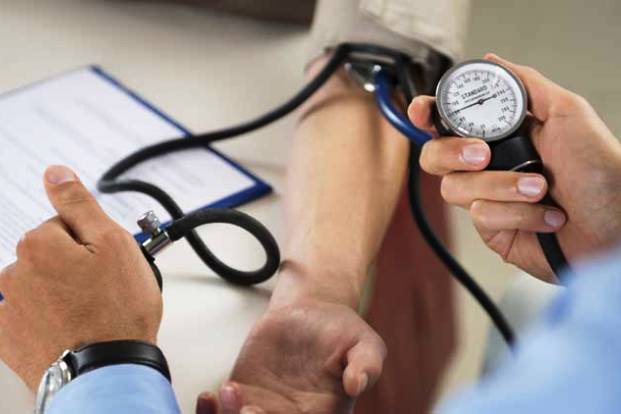Tests to Detect High Blood Pressure Early
Apr 19, 2022
If you are the one who is dealing with high blood pressure, I suggest, you read this article thoroughly. One of the best ways to measure blood pressure is measuring it with a blood pressure cuff (sphygmomanometer) or digital blood pressure monitoring device.

Please read this detailed information about different diagnostic tests, which can help you or your doctor detect the problems with your blood pressure, way too early, before things lead to severity level.
So, without wasting any time, let us step ahead and know the lab tests that help detect blood pressure irregularity in your body system–
- Electrocardiogram (ECG)
This is a kind of non-invasive test which detects the electrical activity of heart and records it into paper itself. Also, ECG is much beneficial in recording the damage done to your heart muscle. Among such damages includes heart attack, thickening of the heart wall etc. Hence, with ECG, we can detect high blood pressure at a lot more earlier stage.
- Blood Test
Now, if you are the one who wants to detect high blood pressure early, doing blood test is the easiest one. This procedure includes the measurement of electrolytes, creatinine levels and blood urea nitrogen.
- Urine Tests
In case you want a quick and accurateBP test to happen, you can opt for urine test. Here, in this test, your electrolytes and different hormones will be tested and you will get to see your blood pressure readings.
- Doppler Ultrasound
With Doppler Ultrasound, you can keep a check of your blood flow through artery points all in your arms, hands, legs and feet. This is also one of the most accurate ways to find peripheral vascular disease in patients. With this type of diagnosis, you can also see the narrowing of your kidneys which can lead to high blood pressure in rare cases.
- Echocardiogram
Well, this type of test is a lot more on the expensive side. In this test, sound waves capture the picture of the heart and send the image straight to the monitor. This test is beneficial in detecting high blood pressure, blood clots and other heart-driven abnormalities. Also, it allows you to test to test out your heart’s muscle strength.
Ambulatory 24 hours is an invaluable tool in assessing masked hypertension and white coat hypertension which otherwise are missed on routine screening. In this technique patient goes home with the belt worn round the waist and every minute the BP is recorded to know the pattern of blood pressure most common being morning risers and night dippers.
Conclusion
Going through a series high blood pressure irregularitiesis definately a detrimental issue. For this, you can follow the above tests if you are keen to know the level of your blood pressure. And by detecting it early, you can take more stringent steps to stop it, directly from its roots, for sure. However, to get these tests done and take preventive measures or medicines, you must consult your doctor beforehand.









